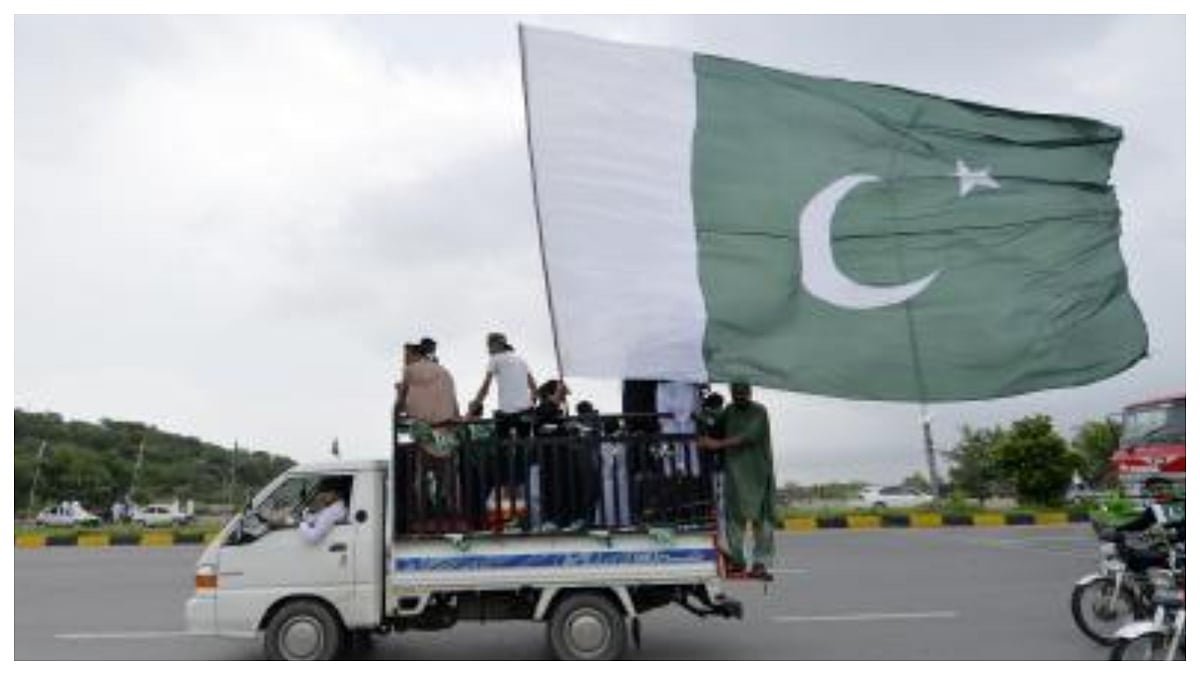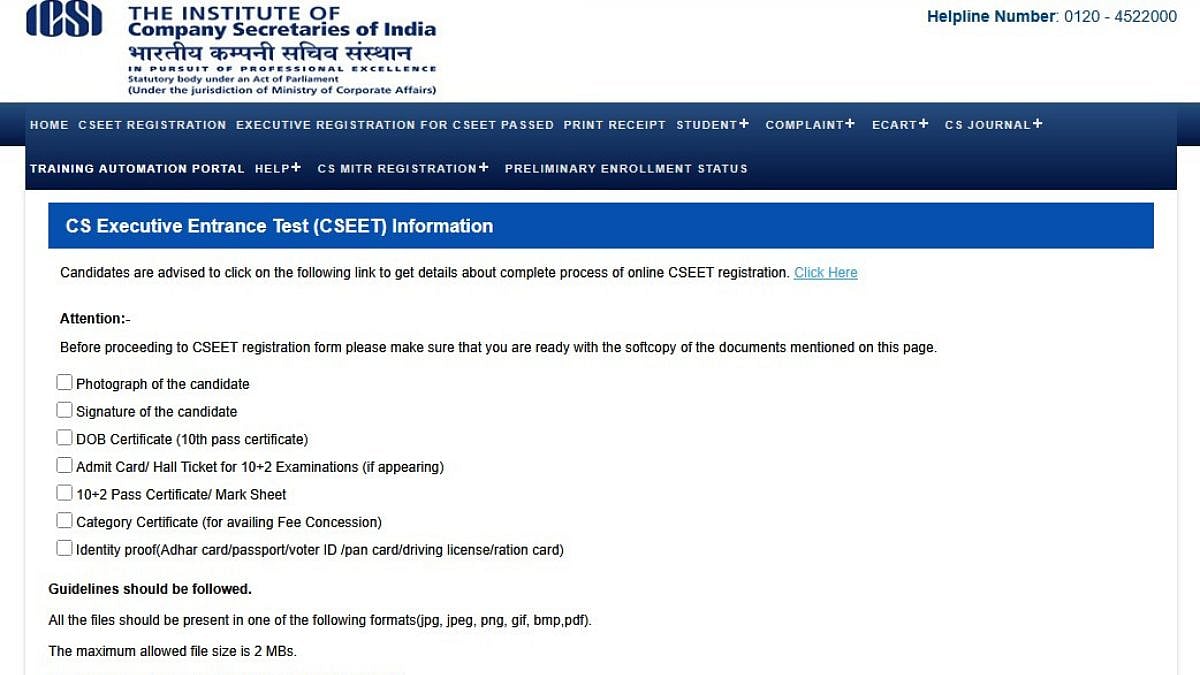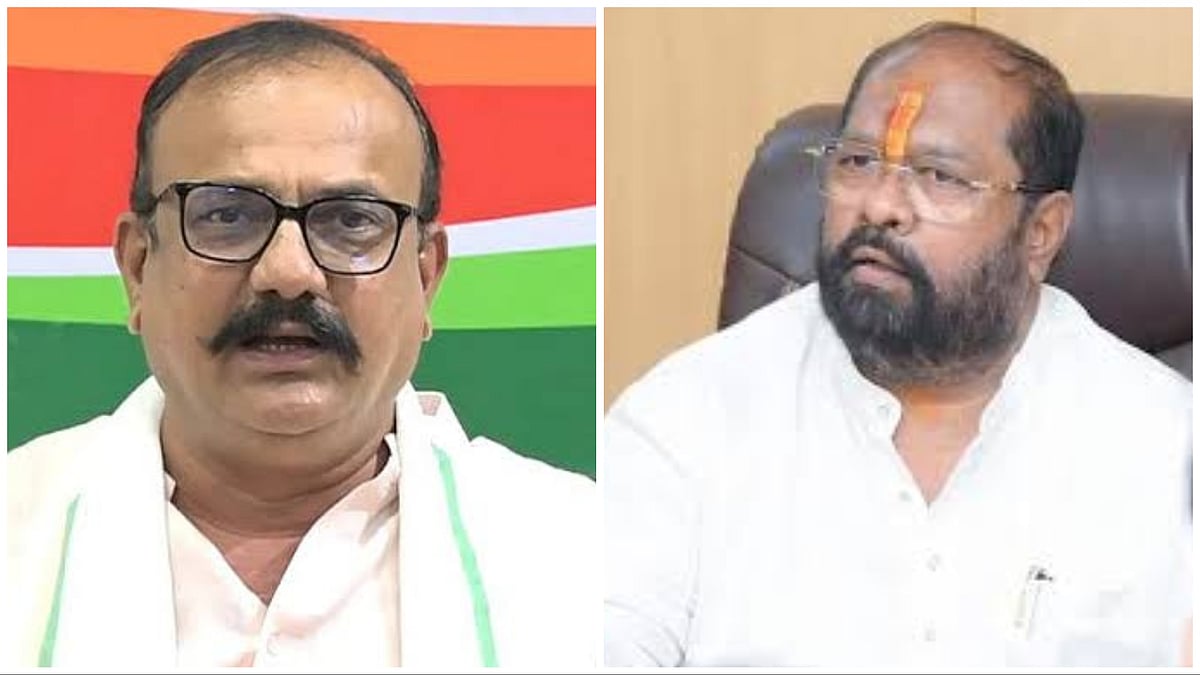Rising temperatures and extreme weather conditions in Maharashtra is likely to have a serious impact on your food plate, says a Baramati based professor and researcher. A recent study conducted by Rahul Todmal, an Assistant Professor of Geography at Vidya Pratishthan's ASC College in Baramati has predicted that warmer and extreme weather conditions post 2033 are likely to hit the production of agricultural food grains as well as cash crops in the state.
In his research study titled 'Future Climate Change Scenario over Maharashtra, Western India: Implications of the Regional Climate Model for the Understanding of Agricultural Vulnerability', he has indicated that the annual mean minimum temperatures are expected to rise significantly across 80 per cent of districts in Maharashtra over the next five decades.
The study by Todal states that the climatic changes post 2033 will seriously begin affecting parts of Maharashtra including the productivity of principal crops like sorghum, pearl millet, sugarcane, wheat, rice among others.
Todmal through is study has recommended that the Maharashtra government urgently needs to consider these environmental changes while formulating policies regarding agricultural and water resources and Strategies should be adopted to manage the additional volume of water in the regions.
The study published in the peer-reviewed journal Springer Nature suggests that almost the entire state is very likely to experience a rise in annual average temperature by 0.5 – 2.5 degree Celsius up to 2050. Maharashtra is very likely to experience considerably warmer conditions post-2033. In particular, parts of Konkan and Madhya Maharashtra will register significant warming (by 1 – 2.5 degree Celsius).
“Agronomic studies have confirmed that the warmer climatic conditions never favour agricultural productivity. The future temperature rise is very likely to reduce the productivity of traditional rain-fed (jowar, bajra, pulses) crops and irrigated cash crops (sugarcane, onion, maize etc.) too. The rise in annual minimum temperature, particularly during the winter season, may adversely affect the productivity of wheat,” said Todmal, adding that this signifies that the future winter and summer seasons are very likely to become warmer and hotter, respectively.
A future increase in annual mean temperatures in the areas where the rainfall remains unchanged may aggravate the water scarcity problem, particularly in the semi-arid region of the state. At the same time, the entire state is expected to witness a significant increase in monsoon rainfall through the period 2015–2100 (by 150–210 mm) barring the Konkan coast. Parts of the Vidarbha sub-division and the Western Ghats exhibit a significant increase in rainfall by 82–225 mm, the study revealed.
Todmal who spent the last two years collecting this data for the study explained that Maharashtra is likely to experience an increase in monsoon rainfall by 18 to 22%. “Particularly, the Vidarbha and Konkan areas may register assured increase in rainfall by 2050. This rainfall increase can be destructive and will pave the way for extreme events. It may result in repetition of the catastrophic flood events as experienced in Kolhapur, Sangli and Satara districts in August 2019,” he added.
Though Maharashtra has a larger share of net sown area under rain-fed crops, over the last few decades it has been observed that the area under cash crops (sugarcane, onion, maize and cotton) is increasing at the cost of traditional or rain-fed crops. This is augmenting the agricultural water demand, the study said.
“In a nutshell, nature is posing a threat to agriculture from one side and the uncontrolled changes in cropping pattern adding pressure on water resources from the other,” said Todmal.
Naman Gupta, a Former Climate Change Advisor to Govt of Maharashtra, said: “This is a good study providing updated projections of rainfall and temperature patterns in Maharashtra. The findings of this study reaffirm the point that climate change is real, and it will continue affecting our most valuable resources i.e. food and water which are vital for human survival. It’s high time to integrate climate information in existing policies and programmes not only in the agriculture or water sector but others as well such as; health, forests, urban and rural infrastructure, disaster management etc. to ensure that adverse impacts of climate change can be minimised.”
“Under the circumstances presented by the study, temperature variations may marginally affect the productivity of these principle crops like sugarcane, rice, sorghum and millet. However, it may have some major effect on wheat productivity. If the frequency and intensity of rainfall increases then more flooding problems may be a cause for concern. Flood control methods in these principle crops are already available like broad bed furrow systems wherein cotton, sorghum, soybean and other crops can escape the type of surface flooding experienced. In addition to this, other climate-resilient crops may take up the place of these presently affected crops," said A N Ganeshamurthy, Agriculture expert and Emeritus Scientist, Indian Council of Agriculture Research (ICAR)-Indian Institute Horticultural Research (IIHR), Bengaluru.









